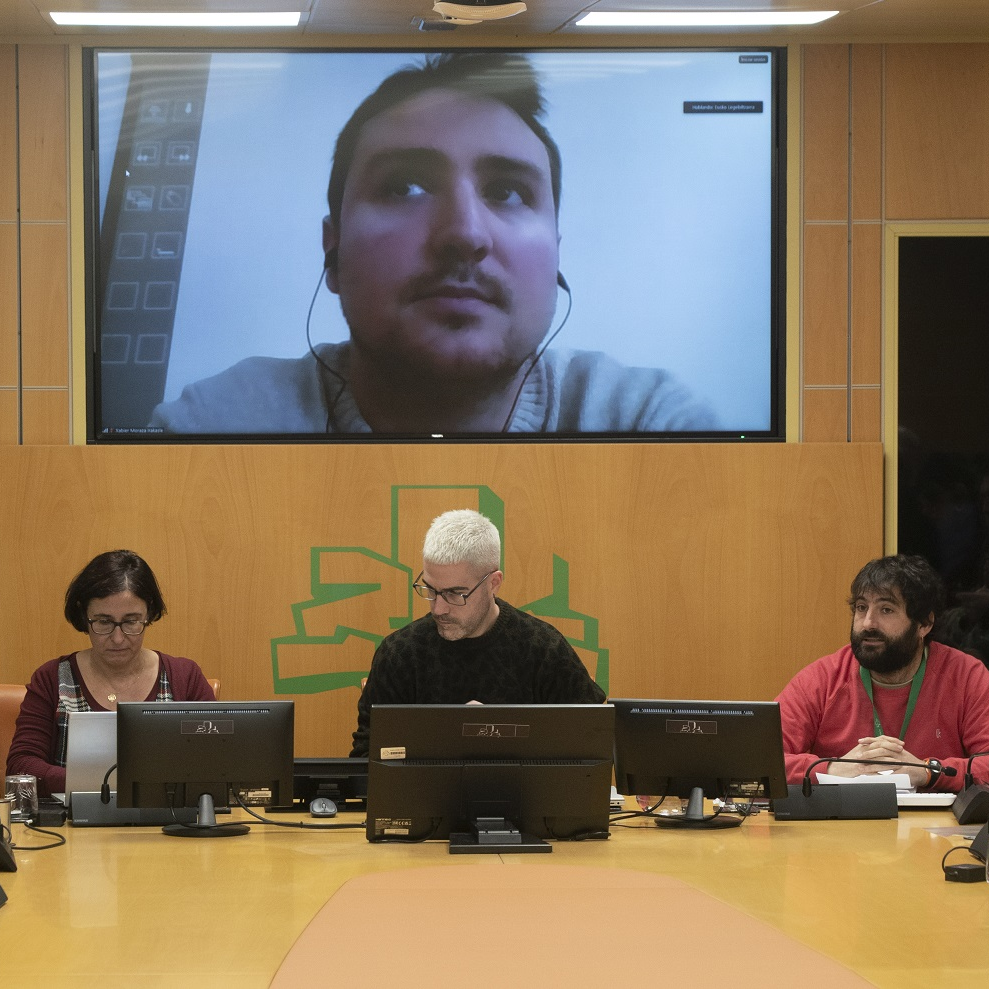Electoral propaganda in Whatsapp? A new Spanish state law will allow the controversial use of data
- In the Spanish state, a bill is being promoted to send electoral propaganda through emails, whatsapp or social networks without the consent of the citizens. Parties, by passing the law, could make use of data that is prohibited for other institutions and companies.

The media ElDiario.es reports the processing of a new Data Protection Law which reads that all parties with representation in the Spanish courts have supported a project that allows them to send electoral propaganda to the digital devices of citizenship.
Parties could use any means of direct communication to send electoral propaganda, including messaging, email and social media services such as Whatsapp.
The third point of Article 58a of the new Law establishes the right of the parties to submit their propaganda during the election period by “electronic means or courier systems” and their practice will not be considered commercial communication.
In addition, the bill provides for the possibility for parties to collect personal data in order to develop profiles based on the political views of citizens.
Do parties not have to comply with European law?
Such processing is prohibited since the entry into force of the General Data Protection Regulation in the European Union, at least for commercial communications of companies. But if the exception were to be added to the election campaigns, parties could use data that is prohibited for everyone else.
The project has meant much to talk to people and groups specialized in digital rights and some have described the Cambridge Analytica scandal as one of the best known.
Only the filing of an appeal to the Senate can delay the entry into force of the law, which should then be approved by the Spanish Congress, but so far none of the 32 appeals submitted by the senators has achieved the support of the other groups. This lack of agreement will allow political parties to send electoral propaganda based on their ideological profiles for the 2019 elections.
The other day I wrote a message to META. Say, I thought and I started to do it. Mark Zuckerberg hasn't slept since then, because it wasn't just any message, I wrote it rather dry. Edge, almost. Through an Instagram video I learned that META will use the information its users share... [+]






















